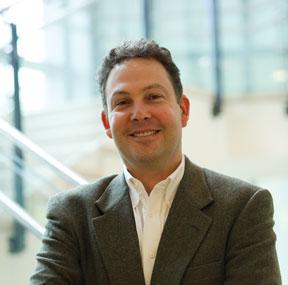Brighter communities, safer cities
Security provision is a fundamental service of the state. Personal and property security are necessary conditions for attracting local and foreign investment to drive economic growth. In Sierra Leone - where police lack the resources, capacity, and political legitimacy to provide community-level security - state and civil society actors combine to provide community security. In the capital city of Freetown, nighttime security is provided by Community Security Volunteers (CSVs), community members who are formally registered with local police stations and are under police supervision. Yet, the management of CSVs is largely delegated to communities. Each region of Freetown is divided into patrol “zones” where communities form advisory boards to recruit CSVs, raise resources, and manage nighttime patrols.
What strategies can policymakers employ to improve the performance of CSV groups and support the reduction of neighbourhood crime? Discussions with police, zone advisory board members, and CSV members suggest there are large variations in the performance and activity of CSV groups and in their ability to reduce neighbourhood crime. This project investigates the factors driving CSV performance and develops strategies for improving CSVs ability to reduce crime. As “hybrid” community security is official government policy, the results of this research are expected to be of particular interest to police officials and policymakers at the Ministry of Internal Affairs.
This study’s primary goals are:
- Engaging policymakers, community security actors, and police for project support.
- Obtain a deep understanding of status quo community security practices and crime levels.
- Develop testable strategies for improving CSV performance and reducing crime. Installing neighbourhood street lights is one potential strategy. Given the researchers' strong priors about the importance of neighbourhood street lights, the study pilots an intervention that installs street lights. Community-level data on the existence of nighttime lighting is also collected.
In pursuit of these goals the scoping research will:
- Map patrol “zones” across Freetown.
- Map stakeholders and assemble stakeholder contact List.
- Generate a descriptive account CSV management and patrol practices.
- Conduct surveys with CSV Members.
- Conduct household-level surveys.
- Pilot a neighbourhood street light intervention.



